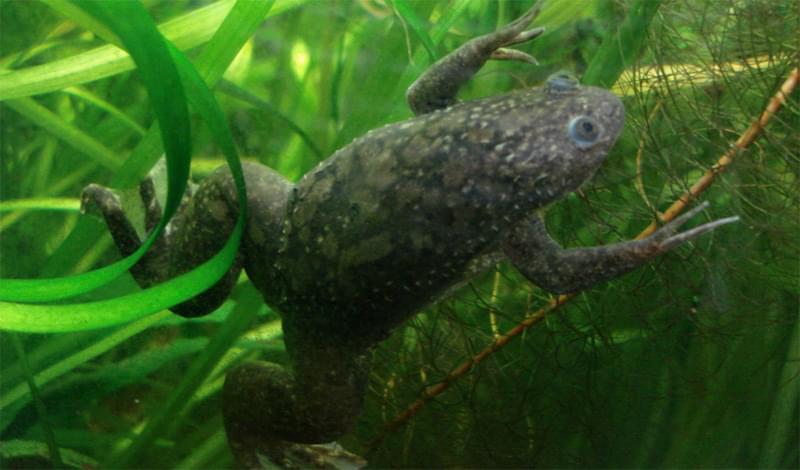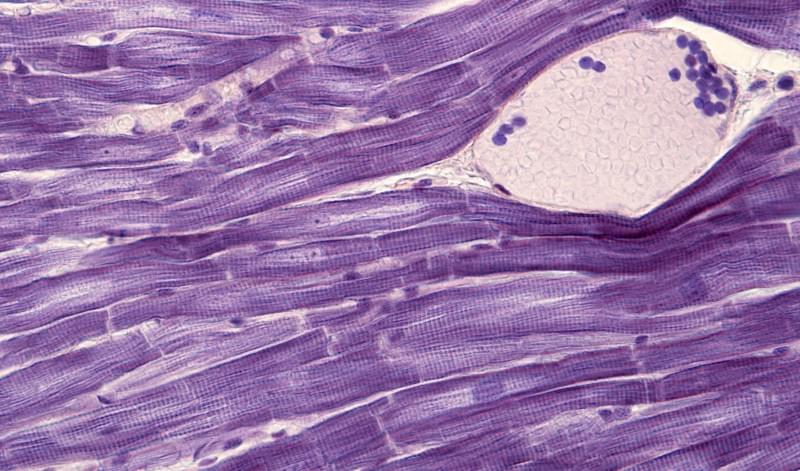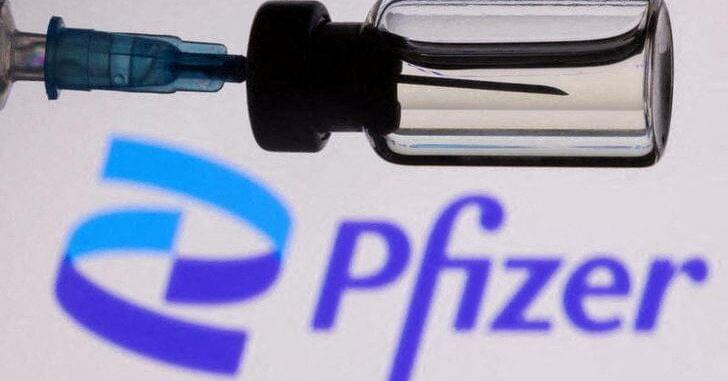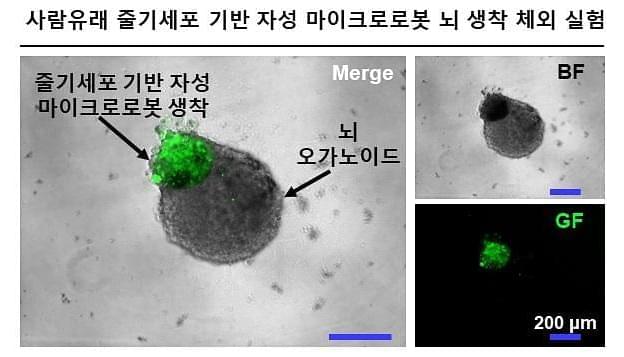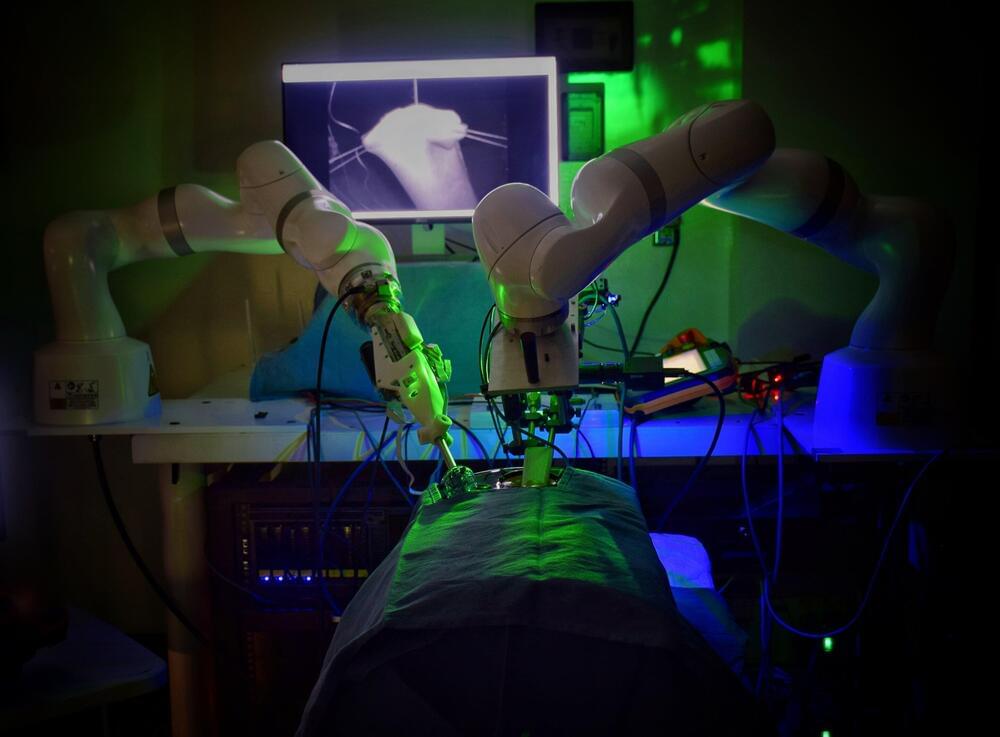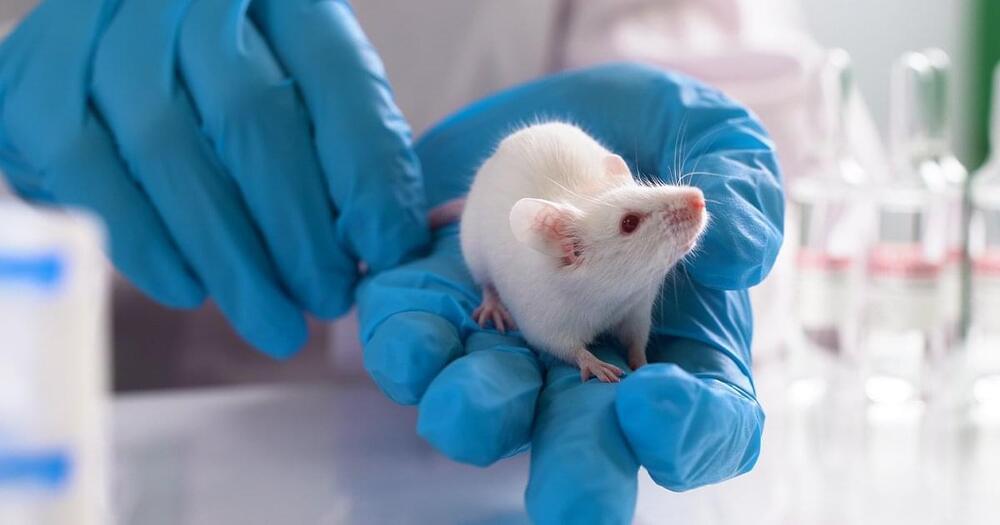For millions of patients who have lost limbs – for reasons ranging from diabetes to trauma – the possibility of regaining function through natural regeneration remains out of reach. The regrowth of legs and arms remains limited to animals such as salamanders and the realm of science fiction.
However, a new study published in the journal Science Advances, by scientists at Tufts University and Harvard University’s Wyss Institute, has brought us a step closer to the goal of regenerating human limbs.
On adult frogs, which are naturally unable to regenerate limbs, a research team succeeded in triggering regrowth of a lost leg using a five-drug cocktail applied in a silicone wearable bioreactor dome that seals over the stump for just 24 hours. That brief treatment sets in motion an 18-month period of regrowth that eventually restores a functional leg.
